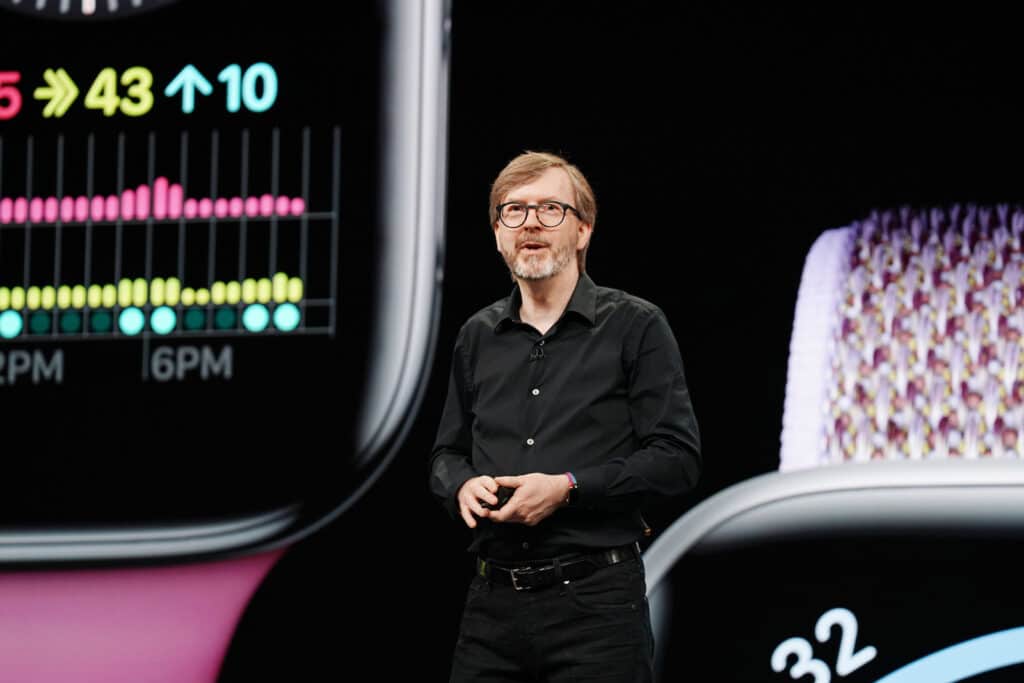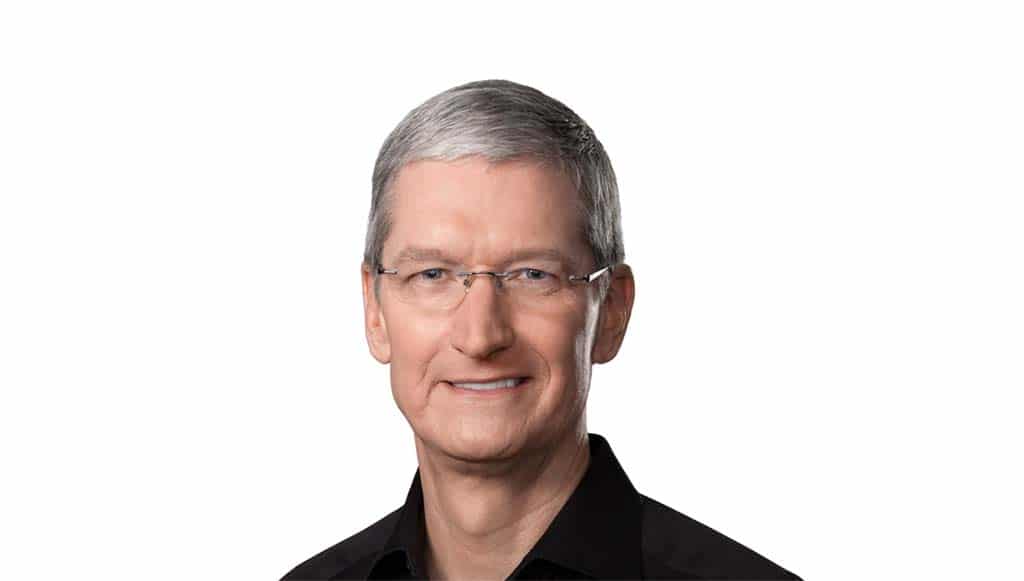The on-again/off-again drama of the Apple EV is “on again,” according to a new report. The new vehicle could arrive as 2025 and would be a fully autonomous vehicle.

The tech giant recently put Kevin Lynch in charge of its automotive effort, dubbed Project Titan, after Doug Field was recruited away by Ford Motor Co. in September. Lynch is Vice President of Technology at Apple, according to his personal website.
According to multiple reports, Lynch joined the Project Titan team early in the year, but was elevated to the top spot with Field’s departure.
What kind of vehicle Apple will bring to the market has been the subject of much conjecture, but it seems a fully self-driving vehicle is the target for four years down the road. Bloomberg reports Apple’s preference would be a vehicle with no steering wheel or pedals, citing people familiar with the project.
iCar … a car by any other name …
Apple seemingly is one of a select few companies with the capital and capability to build a car from scratch. What kind of vehicle — or if there would be one at all — has reportedly changed since the first reports came out in 2014.

The fuss about Apple’s plans kicked up again after earlier this year after officials with the Hyundai Motor Groupconfirmed the company was in discussions with Apple that could have led it to become the manufacturer of the Apple Car. That project collapsed for unknown reasons.
That was followed by alleged discussions with Toyota, although officials with the Japanese automaker issued essentially a “No comment,” to TheDetroitBureau.com about the possibility. Apple didn’t reply to a request for comment.
However, in the interim, an intriguing new possibility has surfaced. Lordstown Motors sold most of its Lordstown, Ohio plant to China’s Foxconn. The deal calls for the Chinese maker of all sorts of electronics to eventually take over production of the Endurance and possibly other vehicles from the struggling electric pickup truck maker.
The deal, revealed in early October, allows the company to produce other company’s vehicles too — perhaps a car for Apple? It already builds Apples iPhones in China so the relationship is already in place. The company’s already agreed to build Fisker’s second BEV, the Pear, at the site.
Self-driving tech — and batteries too?
Developing and implementing the technology for a fully autonomous vehicle’s been on Apple’s radar for some time now.

Apple filed for a new patent in 2018 for a suite of technology called “Peloton” which allows multiple self-driving cars to share battery capacity using a “connector arm,” according to trade publications that ferret out patent applications.
The connector arm is used when vehicles are driven autonomously in a line, like a train. Each arm is linked to each vehicle in the Peloton. Apple filed the details with the U.S. Patent and Trademark Office under the name “Peloton,” a cycling term that refers to the main group of riders. The application patent described advanced features to make autonomous vehicles travel further and more efficiently.
Apple says that its peloton system could be used with as few as two autonomous vehicles, but it sounds like many cars could be linked together in a caravan to see greater benefits like increased aerodynamics and more.
Additionally, the tech company has a battery design that could “radically” cut the cost while increasing the vehicle’s range. The iPhone maker plans to use a “monocell” design. It bulks up the individual cells in the battery, freeing up space inside the battery pack by eliminating pouches and modules holding battery materials. The design allows for more battery material to be stuffed in the battery, extending its range.
Apple is researching the potential of lithium iron phosphate, also known as LFP. Its primary advantage is that it’s less likely to overheat, making it safter than other batteries.
The consensus around Apple’s future plans that it has backed off building its own vehicle but is thought to be working on an autonomous driving system that other manufacturers will implement. At least one analyst has predicted that Apple’s future autonomous vehicle system will make use of its own custom chips by 2023.







